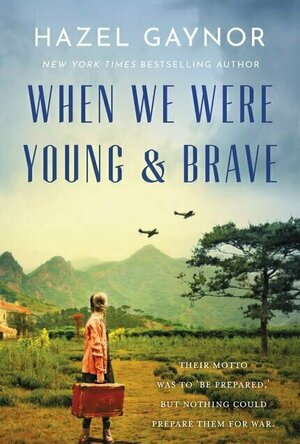
When we Were Young and Brave
Book
Their motto was to be prepared, but nothing could prepare them for war. . . The New York Times...
historical literary women fiction
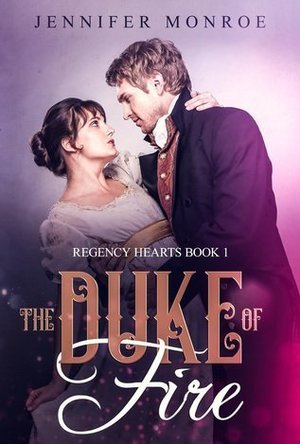
The Duke of Fire
Book
Miss Jane Harcourt has seen the roguish ways of men and has resigned herself to remaining alone the...
Fiction Romance Historical
So Much Life Left Over
Book
A POWERFULLY EVOCATIVE AND EMOTIONALLY CHARGED NOVEL FROM THE ACCLAIMED AUTHOR OF CORELLI'S MANDOLIN...
Historical Fiction First World War Family Saga
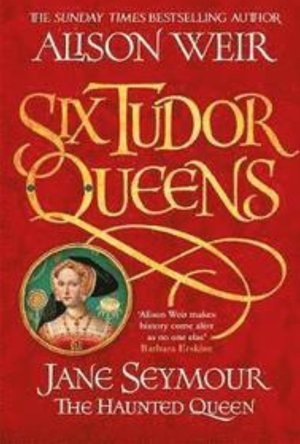
Jane Seymour: The Haunted Queen
Book
Acclaimed author and historian Alison Weir continues her epic Six Tudor Queens series with this...
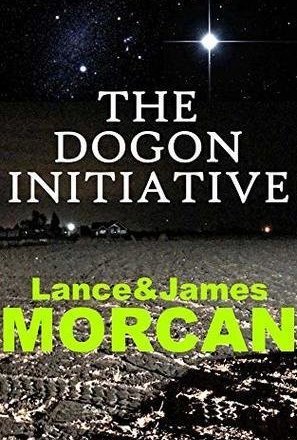
The Dogon Initiative (The Deniables #1)
Book
A group of foreign mercenaries hired as deniable assets by a newly-formed humanitarian division of...
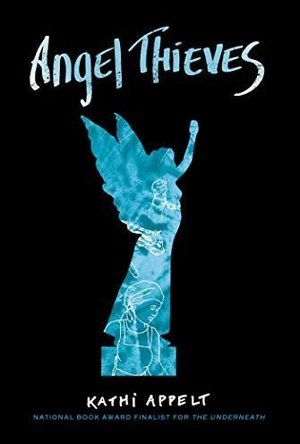
Angel Thieves
Book
An ocelot. A slave. An angel thief. Multiple perspectives spanning across time are united through...
Houston Texas Historical Fiction slavery YA Young Adult
Heather Cranmer (2721 KP) created a post
Sep 8, 2021 (Updated Sep 8, 2021)
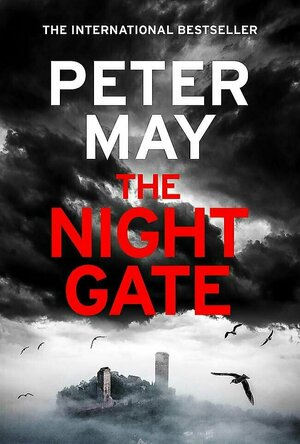
The Night Gate
Book
In a sleepy French village, the body of a man shot through the head is disinterred by the roots of...
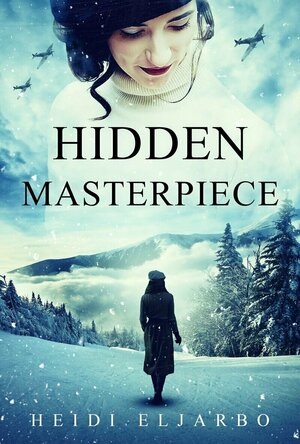
Hidden Masterpiece (Soli Hansen Mysteries #3)
Book
In this riveting third book in the Soli Hansen Mysteries series, a woman’s courage to follow her...
Historical Fiction Mystery Dual Timeline
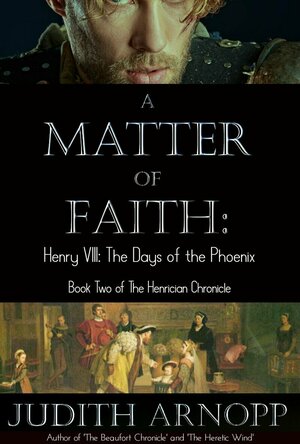
A Matter of Faith – Henry VIII: The Days of the Phoenix
Book
Finally free of Catherine of Aragon, Henry VIII, is now married to Anne Boleyn and eagerly awaiting...
Historical Fiction Tudors Henry VIII
